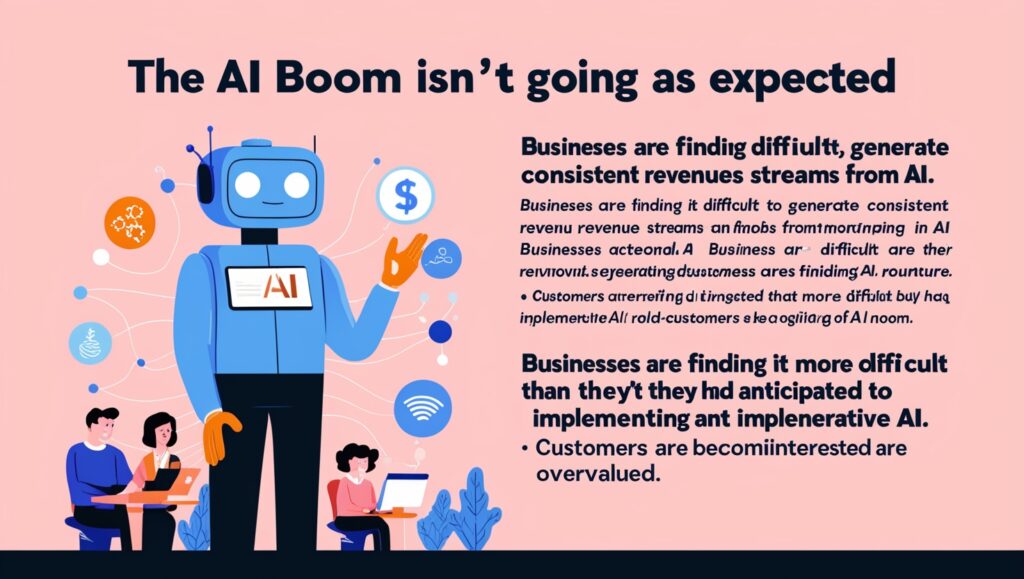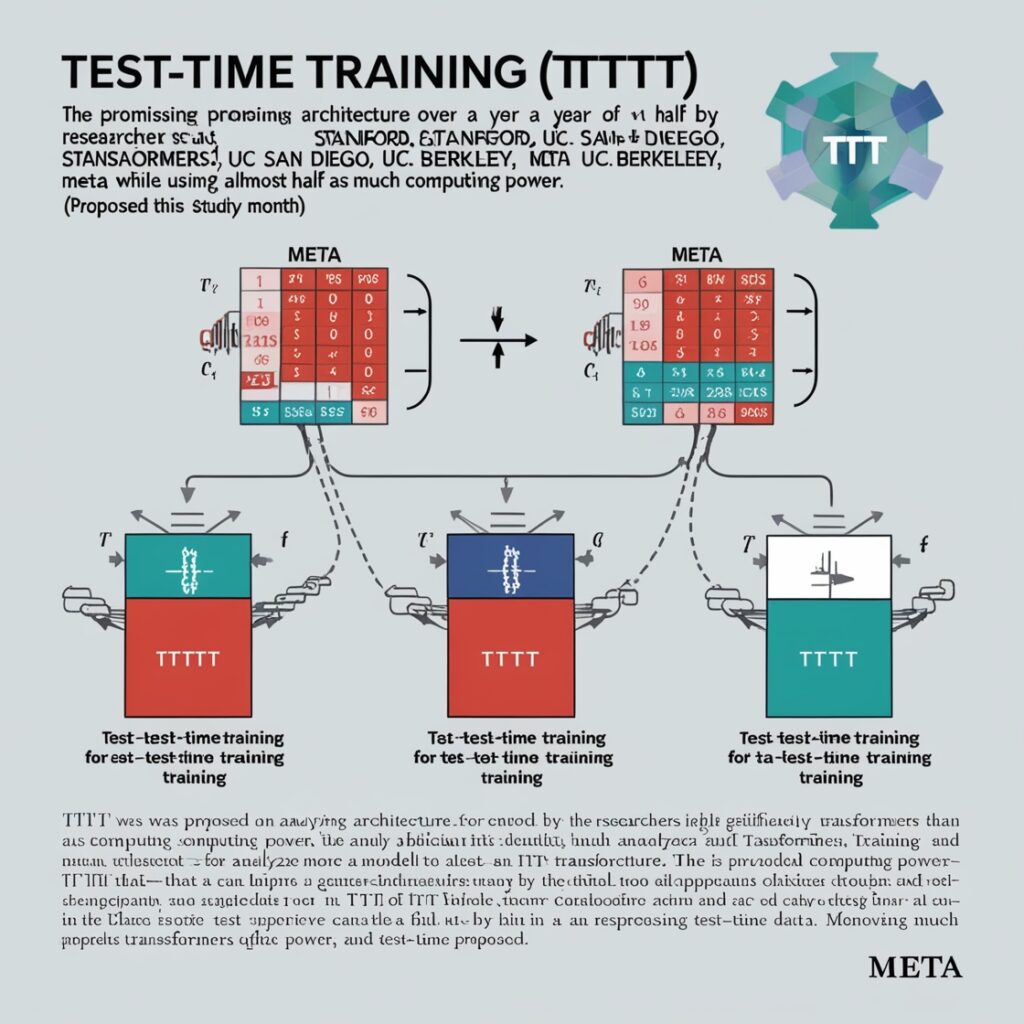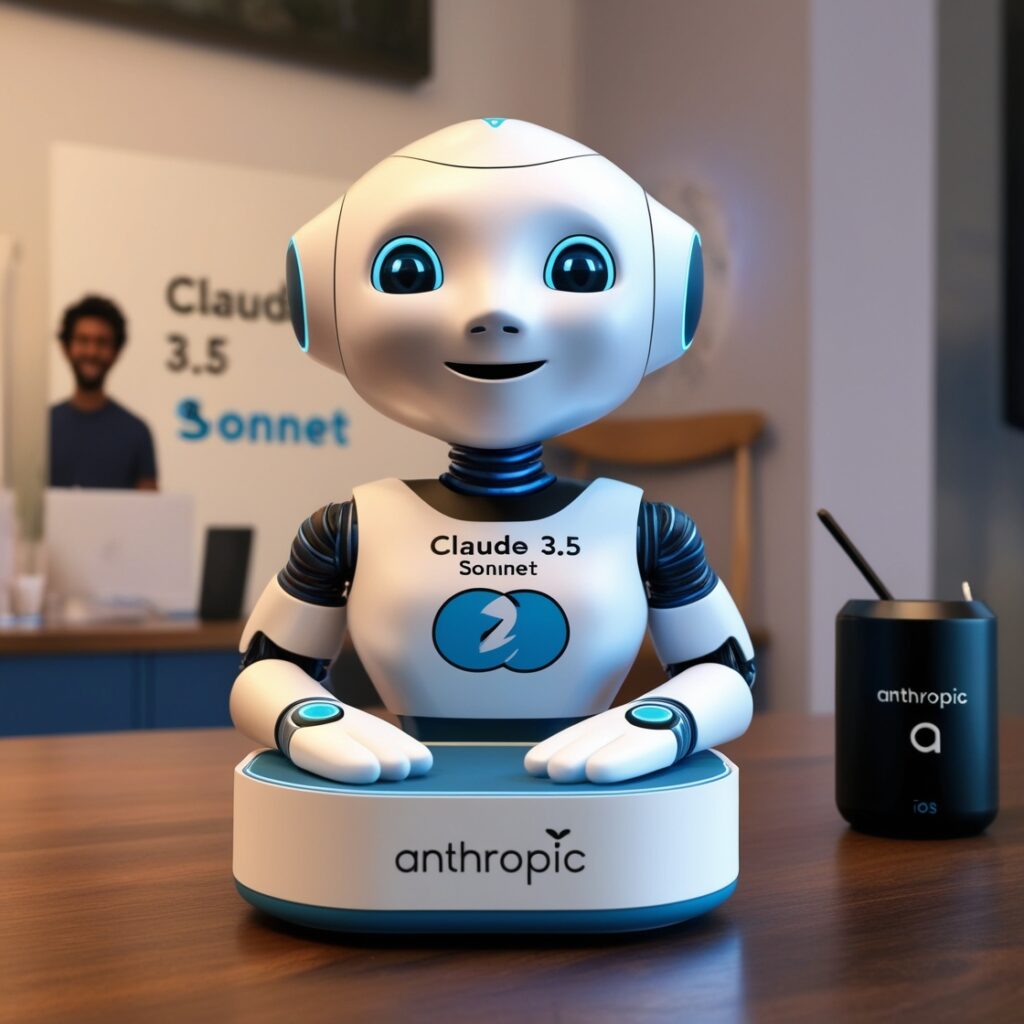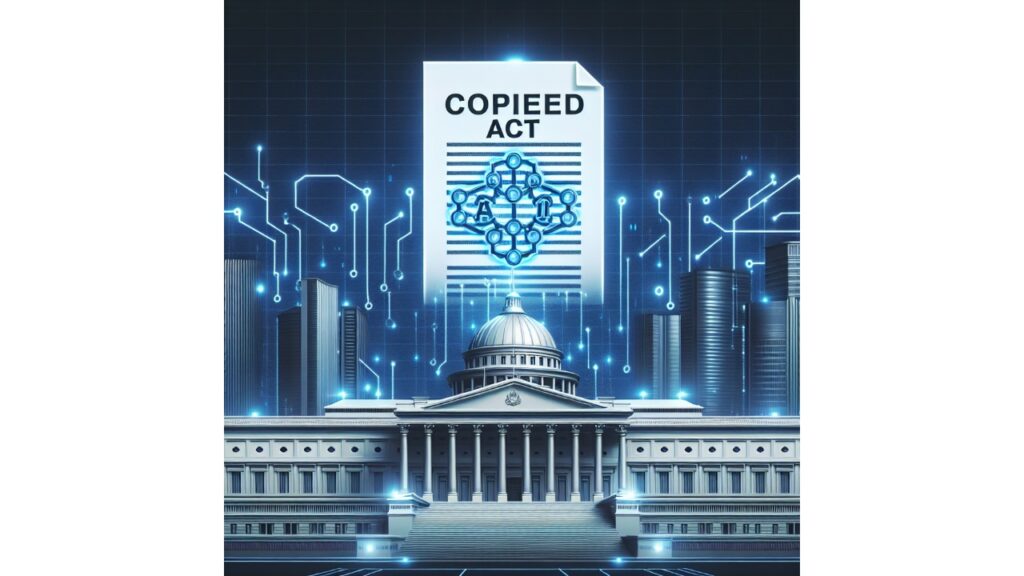U.S. antitrust regulators have begun investigating the connections between well-known AI firms, such OpenAI, the company that makes ChatGPT, and the major internet companies that have made billion-dollar investments in them.
Amazon, Google, and Microsoft are the focus of the action because of their influence over the generative AI boom, which has increased demand for chatbots like ChatGPT and other AI tools that can generate unique music and graphics.
In her opening remarks at an AI symposium on Thursday, U.S. Federal Trade Commission Chair Lina Khan stated, “We’re scrutinizing whether these ties enable dominant firms to exert undue influence or gain privileged access in ways that could undermine fair competition.”
According to Khan, the market investigation will look at the collaborations and investments made by leading cloud service providers and AI developers.
The FTC announced on Thursday that it had sent “compulsory orders” to five businesses, including artificial intelligence (AI) startups Anthropic and OpenAI and cloud providers Amazon, Google, and Microsoft, requesting them to submit information regarding their agreements and the decision-making process around them.
The most well-known is Microsoft’s many years-long partnership with OpenAI. More recently, Google and Amazon have inked multibillion-dollar agreements with Anthropic, another AI business based in San Francisco that was founded by former OpenAI executives.
In addition to expressing gratitude for the FTC’s investigation, Google made a pointed jab at Microsoft’s OpenAI partnership and its track record of drawing antitrust attention for its business practices in a statement released on Thursday.
According to Google, they believe the FTC’s investigation will draw significant attention to businesses who don’t provide the transparency of Google Cloud or that have a track record of locking in clients and who are applying the same strategies to AI services.
Vice president of corporate affairs for competition and market regulation at Microsoft, Rimy Alaily, reaffirmed that the company welcomes collaboration with the FTC and defended such alliances as fostering competition and spurring innovation.
OpenAI, Anthropic, and Amazon all declined to comment.
The European Union and the United Kingdom have already indicated that they are investigating Microsoft’s OpenAI investments. The EU’s executive body stated this month that the cooperation could result in a probe under mergers and acquisitions restrictions that would undermine competition in the 27-nation bloc. In December, Britain’s antitrust agency launched a similar review.
The FTC and European Commission moves on deals that some have mocked as quasi-mergers were warmly received by antitrust advocates.
Matt Stoller, director of research at the American Economic Liberties Project, said in a written statement that “big tech firms know they can’t buy the top A.I. companies, so instead they are finding ways to exert influence without formally calling it an acquisition.”
Microsoft CEO Satya Nadella has called OpenAI a “complicated thing,” but the company has never made the whole extent of its investment in that technology public.
He stated, “We have a significant investment,” on a podcast that tech writer Kara Swisher presented in November. It sort of manifests itself as something more than just money, like compute and so forth.
The abrupt firing of CEO Sam Altman by the startup’s board of directors last year, followed by his prompt reinstatement, caused significant upheaval that garnered international attention and raised concerns about OpenAI’s governance and its connection with Microsoft. Most of the startup’s former board members resigned after a weekend of behind-the-scenes moves and a feared mass staff exodus supported by Nadella and other Microsoft executives helped stabilize the business.
Microsoft now has a non-voting board seat as a result of the new arrangement, although Nadella declared at Davos that “we definitely don’t have control.” Altman’s temporary dismissal from the startup was partly caused by issues with its unique governance structure. Initially, OpenAI was a nonprofit research organization devoted to the secure advancement of advanced artificial intelligence. Even though the majority of its employees work for the for-profit division it established several years later, it is still managed as an a nonprofit organization.
In 2019, over two years before the San Francisco-based business released ChatGPT and ignited the world’s curiosity with artificial intelligence (AI) breakthroughs, Microsoft made its first $1 billion investment in OpenAI.
The Redmond, Washington-based software behemoth agreed to provide the processing capacity required to train AI large language models on vast repositories of handwritten writings and other media. Microsoft would then have exclusive rights to a large portion of OpenAI’s development, allowing the technology to be integrated into a range of Microsoft products.
In January, Nadella made a comparison to several of Microsoft’s long-standing business alliances, including its cooperation with chipmaker Intel. At the World Economic Forum in Davos, Switzerland, he told that OpenAI and Microsoft “are two different companies, answerable to two sets of different stakeholders with different interests.”
Therefore, we construct the compute. After that, they perform the training using the compute. After that, we incorporate it into goods. In that regard, it’s a partnership in that our mutual support of one another’s work is the foundation for our eventual competitiveness in the market.
The FTC has made it clear for about a year now that it is tracking and putting an end to illicit activity related to the creation and use of AI tools. Khan declared in April that detrimental AI-related corporate activities would “not hesitate to crack down” by the US government. The use of artificial intelligence (AI) to create sounds and images in order to enhance fraud and phone scams is one area of public concern.
Yet, Khan progressively demonstrated that the concentration of market power into a small number of AI leaders who may seize control at this “market tipping moment” warranted investigation, in addition to applications that were detrimental.
All three of the FTC’s commissioners—Democrats, as two of their seats are vacant—voted in favor of initiating the investigation. It ought to “shed some light on the competitive dynamics in play with some of these most advanced models,” according to Commissioner Alvaro Bedoya.
The businesses have 45 days to give the FTC information, including copies of their partnership agreements and the strategic justification for them. Additionally, they are being questioned about the decision-making process for product launches as well as the essential tools and services required to develop AI systems.









